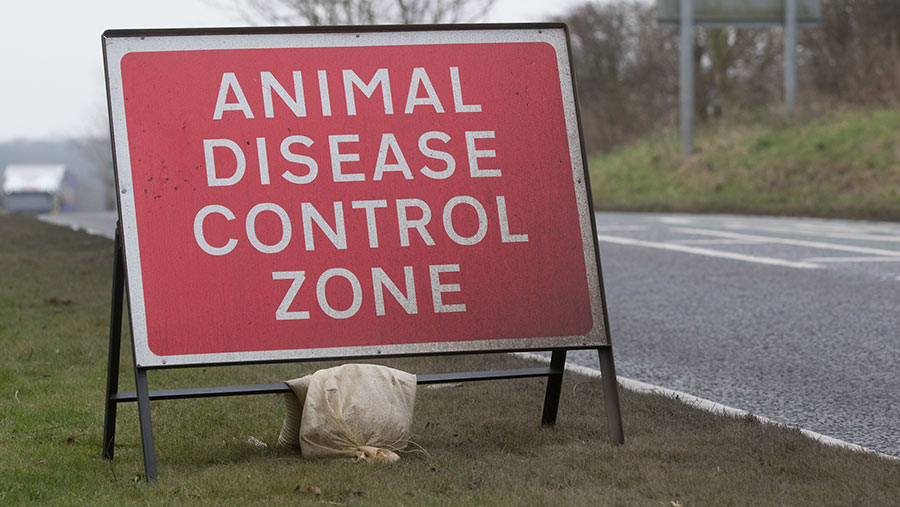Scientists join forces to tackle avian influenza outbreaks
 © Tim Scrivener
© Tim Scrivener Government agencies and departments have joined forces with the UK’s top scientific bodies in a major drive to tackle future avian flu outbreaks.
The move has been made in the wake of the largest and longest avian influenza (AI) outbreak ever experienced in the UK.
Winter cases began to emerge in the UK in November last year, weeks earlier than normal, after the virus continued to circulate in Europe throughout 2021.
See also: Q&A: Guidance on avian flu with England’s chief vet
Since last November, the UK has registered more than 100 cases – about four times the previous high. And the outbreaks have continued far later than the norm with three cases recorded in Shropshire and Sussex so far this month.
The eight-strong consortium led by the Animal and Plant Health Agency (Apha) has been formed to find out why the outbreak has been so severe.
It will be funded using £1.5m of cash from Defra and the Biotechnology and Biosciences Research Council (BBSRC).
The aim is to develop new strategies to combat the disease and find new ways to contain future outbreaks, a BBSRC spokesperson said.
The consortium will consider a wide range of factors that have contributed to the severity of the 2021-22 outbreak.
It will look at:
- Why current virus strains form larger and longer outbreaks
- Understanding transmission and infection in different bird populations, including how the virus transmits from wild to farmed birds and biosecurity breakdowns
- How transmission could be addressed
- Mapping and modelling the spread of infection over time and across species
- Why some bird species are more resistant to avian flu strains.
From the information, the group will then try to develop models that can predict how the virus will evolve and spread in the future.
It will also focus on the spread of the disease into human populations with a range of control measures developed.
The NFU has welcomed the consortium approach.
The union’s poultry board chairman, James Mottershead, said: “After the largest AI outbreak the UK has ever seen, it’s good to see the government taking a positive step to help the industry tackle the disease in the future.
“AI has been devastating for so many poultry farmers across the country, causing great distress emotionally, mentally and financially for farming families.
“We want to work with the government to minimise the impacts of any future AI outbreaks so we do not experience another year like this one.”
The union also stressed it was important to remain vigilant with cases still continuing.
Biosecurity tips
The NFU and Defra chief vet Christine Middlemiss provided the following biosecurity tips:
- Cleanse and disinfect clothing, footwear, equipment and vehicles before and after contact with poultry – if practical, use disposable protective clothing
- Reduce the movement of people, vehicles or equipment to and from areas where poultry are kept, to minimise contamination from manure, slurry and other products
- Use effective vermin control
- Thoroughly clean and disinfect housing at the end of a production cycle
- Keep fresh disinfectant at the right concentration at all points where people should use it, such as farm entrances and before entering poultry housing or enclosures
- Minimise direct and indirect contact between poultry and wild birds, including making sure all feed and water is not accessible to wild birds.
Report avian flu
If you find dead swans, geese, ducks or other wild birds, you should report them to the Defra helpline on 03459 33 55 77.
Birdkeepers must report suspicion of disease:
- England Defra Rural Services Helpline: 03000 200 301
- Wales: 0300 303 8268
- Scotland: Contact the local field services office
- Northern Ireland: 0300 200 7840
